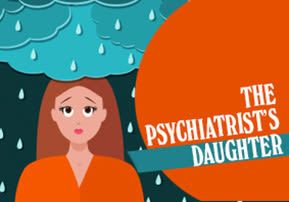
The Psychiatrist’s Daughter
Dr. F, a psychiatrist and so-called religious Jew, considers counseling methods derived from the Torah to be invalid because they don’t stand up to logic...

Dr. F. is an Israeli psychiatrist, psycho-pharmacologist and a Torah observant Jew. Dr. F. dresses like a religious Jew, sends his kids to religious schools, and outwardly lives a lifestyle based on Torah values.
As a psycho-pharmacologist, Dr. F. has had advanced training beyond his training as a psychiatrist in how to use psychiatric medication. In fact Dr. F. is such a specialist in psychiatric medication that he bases his entire practice of psychiatry on prescribing medication.
Dr. F. considers any type of “talk therapy” to be utter nonsense which has not been scientifically proven to be helpful to people. Dr. F. is equally disapproving of Torah-based counseling and coaching. He considers counseling methods that are derived from the Torah to be invalid because they also don’t stand up to his secular standards of scientific scrutiny. I couldn’t help wondering what Dr. F. would do if he developed 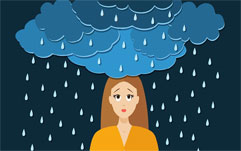 conflicts with his wife or his kids. Just medicate them? If talking about one’s issues is a complete waste of time, what’s the alternative?
conflicts with his wife or his kids. Just medicate them? If talking about one’s issues is a complete waste of time, what’s the alternative?
When I read how Dr. F., a religious Jew, trashed all types of talk-therapy in one fell swoop, including Rabbinical counseling, I sensed that his objection to psychotherapy was really not due to his “scientific” objections at all. Dr. F. doesn’t believe in psychotherapy because he is denying how much he needs it himself. What Dr. F. doesn’t realize is that his disbelief in psychotherapy is really a disbelief in himself and in G-d – it is a disbelief in his own ability to change his ways through a relationship with a caring person who has emuna.
Dina spoke softly over the phone. She said that she was no longer able to function as a mother and as a wife. She was depressed and angry and in conflict over something that had happened. She said that her mother had died recently in a car accident and she just couldn’t go on.
As painful as it is to lose a parent, I sensed that what Dina was dealing with was far more than even the grief of losing her mother. I questioned her further and she began to speak about her father saying that her father had yelled at her and her mother and criticized them for all of her life. She described her father as a tyrannical and abusive man who didn’t think that he was. Dina’s father screamed at his daughter when he came home from work and the house didn’t look tidy, he screamed and threatened her if his dinner wasn’t hot and waiting for him when he came in the door.
Dina’s father didn’t treat his wife very well either. He took her hard work for granted and never gave her a compliment. He even made fun of his wife despite how hard she worked like a slave to please him. Dina and her mother never complained about their maltreatment. They took the abuse and did everything that the father told them to do.
Now that her mother is gone, Dina hardly speaks with her father. Dina doesn’t know how to have a relationship with a man like her father even though he has not been as cruel as he once was. I was curious when Dina stopped speaking to me about her father, but I waited to see what would unfold.
Instead, Dina told me of her terrible fears of illness and of going to the doctor. Dina told me about a dream that she had every night of a sinister looking doctor in a white coat who tricks her into taking medication. Dina told me how in real life she is so frightened of pills that she can’t even take an aspirin. She told me that if she needs to be touched by a doctor or a dentist she’ll have multiple panic attacks before and during the procedure.
I asked her the obvious question: Did she have any idea why she was so afraid of doctors?
She paused and said: “…my father is a doctor. He’s a psychiatrist.”
It was Dr. F.
Dina stopped speaking with her father when she found out that he had been having an affair with a woman while her mother was still alive.
When Dina came to Israel, we met together with her husband. Naturally I thought that she would speak to me about her father, but apparently she wasn’t ready to do that. Nevertheless, when Dina returned home, she started to rise earlier in the morning to care for her baby and tidy up the house. Once again Dina was able to pray and feel G-d’s strength and presence in her life. Her depression was gone and even though her anger and her pain towards her father had not been dealt with, it was no longer stopping her from living. I was happy to hear that Dina was spreading what she learned about emuna to some of her friends and other family members.
I can only wonder what G-d will do next. I pray that Dina will contact me again at some point to speak about her father. If she does, G-d willing, it will not only be an opportunity for her to heal completely but it will be an opportunity for her father as well. It wouldn’t be the first time I’ve seen G-d use an adult-child as an agent to help a parent to heal. It’s never too late!





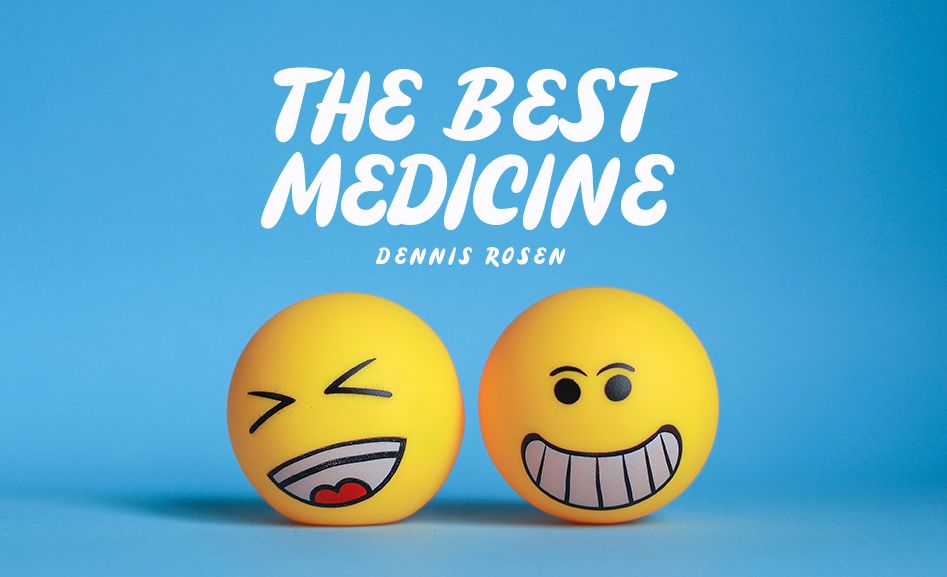

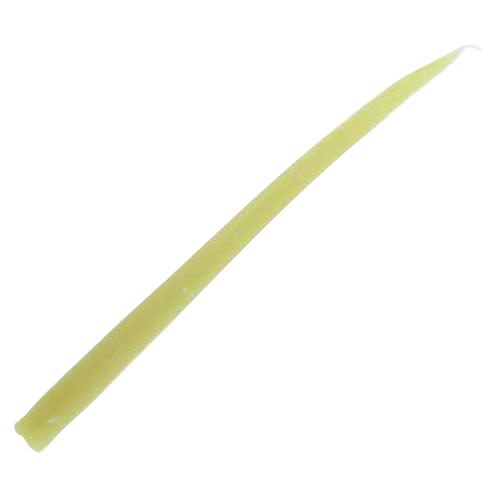

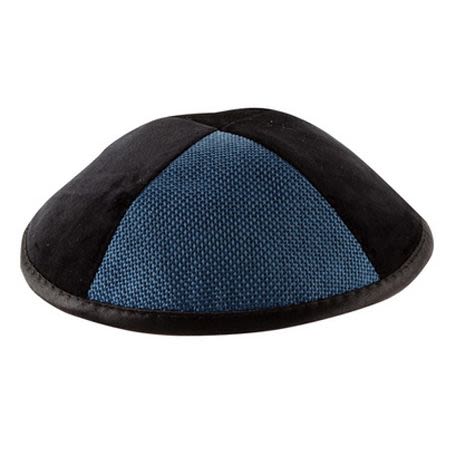
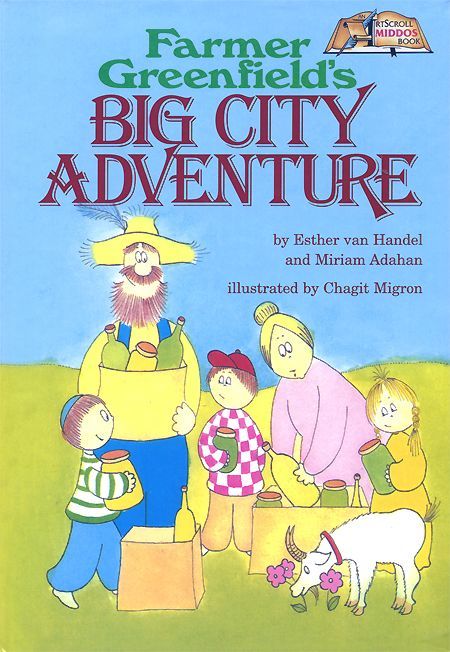
Tell us what you think!
Thank you for your comment!
It will be published after approval by the Editor.